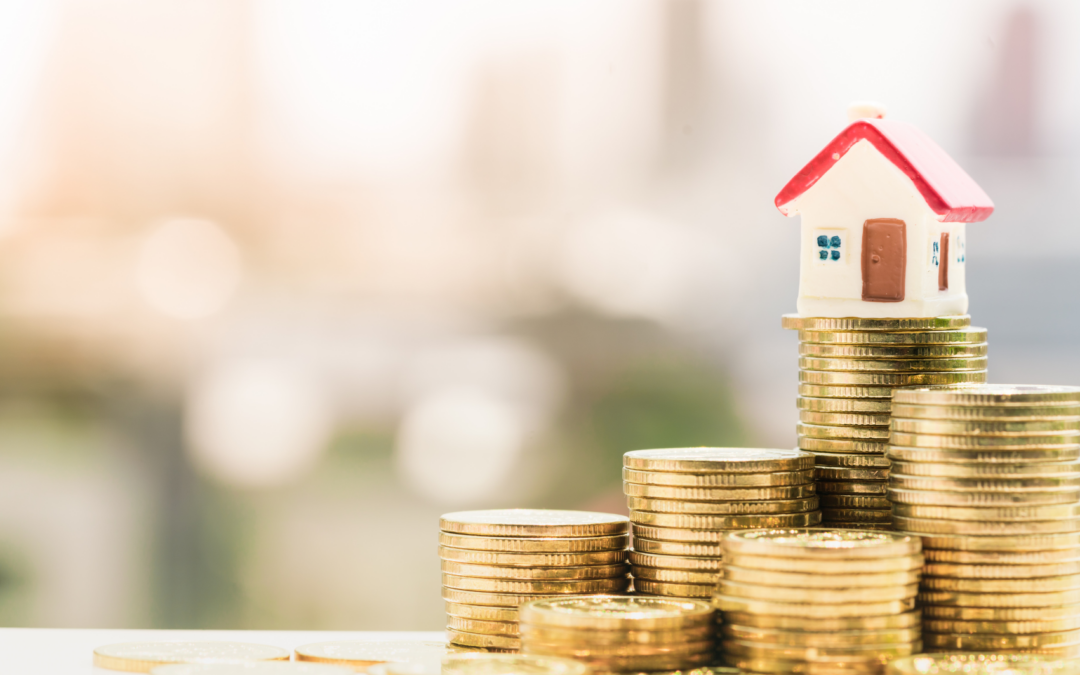Buying your first investment property is a big financial step and it pays to approach it with a clear plan. Property can be a powerful way to build long-term wealth, but success often depends on making smart choices from the outset. That means looking beyond the excitement of buying and focusing instead on the numbers, the risks and the potential returns.
One of the most important principles to understand is the difference between investing for value and simply speculating. A value investor looks at both the income a property can generate and its potential to grow in worth over time, while a speculator is focused mainly on the hope that prices will rise.
Start with an Area You Know
When buying your first investment property, it often makes sense to focus on a location close to home. Choosing an area you can easily visit helps you get a feel for the neighbourhood and spot opportunities more confidently. Take the time to observe what’s happening locally – are new businesses opening, are homes being renovated, or are there many “For Sale” or “For Lease” signs? These details can give you valuable insight into whether the area is growing or slowing.
It’s also worth building relationships with a few local real estate agents. By speaking with agents who are active in the area, you’ll gain a clearer picture of recent sales, rental demand, and how long properties are taking to sell.
Why does this matter? The more familiar you are with a market, the quicker you’ll recognise when a property is fairly priced or has strong potential. In some cases, being well-connected might even give you early notice of new listings – an advantage when competition is high.
Start Small
When you’re buying your first investment property, it’s wise to begin on a smaller scale. Put in plenty of time to research and understand your first purchase, while keeping your initial financial commitment manageable. Many first-time investors do the opposite, spending a large sum of money with little preparation and find themselves under pressure if things don’t go as planned. By keeping your risk lower at the beginning, you give yourself the space to learn and gain confidence without overextending.
Remember, successful investing often comes down to how your money flows. The goal is to have your property generating income for you, rather than the other way around.
Expect to Make Mistakes
Every investor makes mistakes along the way, especially in the early stages. The key is to treat them as part of the learning process, not as failures. Building in positive cash flow from the start can help cushion those early missteps, giving you the ability to recover and adjust your strategy. Over time, these lessons add up and put you in a stronger position for future investments.
Know What You Can Afford
Before buying, take the time to work out what the property will really cost you and what kind of return you’re aiming for. While professional investors may calculate percentages, for most first-time buyers it’s more practical to think in terms of affordability. Ask yourself:
-
If the property is empty for a few months, can I cover the loan and expenses?
-
If a major repair comes up, do I have the funds to manage it?
-
Will this property strengthen my financial position, or could it put me under stress?
The purpose of investing in real estate is to build wealth and security, not create new financial problems.
Look for Properties with Potential
Sometimes the best opportunities are properties that others have overlooked. A home that needs updating, or one with a problem that can be fixed, may give you the chance to add value quickly. By solving the issue — whether that’s cosmetic improvements, better management or repairs — you may increase both the property’s rental income and its long-term value.
Always Look at the Numbers
When it comes to property, it’s easy to get caught up in emotion. A house might feel right, but the numbers should always guide your decision. Review the purchase price, expected rental income, ongoing expenses and potential for growth. The figures will usually give you the clearest picture of whether it’s truly a good investment.
Final Word of Advice
When considering your first investment property, remember that price alone should not drive your decision. A low price might look appealing, but if the property doesn’t meet your criteria, it could end up costing you more in the long run.
Ask yourself: does it generate positive cash flow? Is there real potential for long-term growth? The best opportunities are those that balance steady income with the potential for capital gains. Keeping these principles in mind will help you make a smarter start to your property investment journey.
Need guidance on purchasing an investment property?
Contact our team. We are specialist property accountants and can help you make informed investment decisions.

